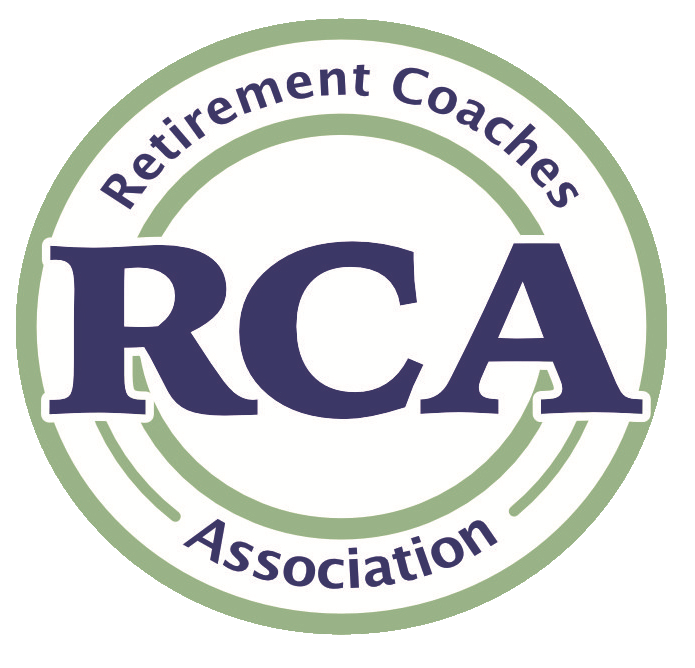“I’m feeling tired and sluggish. What is wrong with me?”
Relax. You are merely suffering from post-partum work identity depression, or what is commonly called retirement blues.
Possibly you left your old workplace in a hurry and without the benefit of putting together an exit-and-after plan. You returned home with a bit of cash and decided to emulate those retirement ads: you went traveling, bought a new car, met up with your old work friends and picked up the check to show them how great retirement is, and finally, you bought your spouse that piece of expensive jewelry she’s always wanted, or that golf club he’s been admiring.
Everybody’s happy, right? Yes, everybody but you.
Signs of the retirement blues
Six months after leaving your job and retiring, the first signs of retirement blues appear. You spend every day, at home, sitting on the couch, watching TV and asking yourself the same question, “What do I do now?”
You pick yourself up off the couch, shower most days, and head for the local pub for a spot of lunch (and several beers or glasses of wine). The bartender becomes your therapist.
You head back home at 4 p.m. to catch Judge Judy, followed by an extended nap, only to be awoken by an irate spouse who asks, “What did you do of consequence today?” Your typical response is, “The usual. What’s for dinner?”
No wonder you feel the way you do. So how do you change things and zap the retirement blues for good?
Tips for turning the retirement blues around
First, rise early and engage in exercise, either in an organized fashion at the gym or just simply go out for a brisk walk to enliven your body and get the blood pumping.
Next, shower and then eat a healthy breakfast while checking in on the happenings of the day before.
Then it’s off to work, volunteer, take a course, lead an AA meeting, or simply hang out with your grandchild while your child goes to work.
Activity is the key, both physical and mental
It is extremely important to stay in good physical shape, to stay engaged and finally to do something on a regular basis that gives you both a replacement identity, as well as a feeling of relevance. These two things—identity and relevance—will keep any retiree happy. Without these things, a downward, depressive spiral—a bad case of retirement blues—has ample space in which to grow.
Stop feeling sorry for yourself
If you want to fend off the retirement blues, stop feeling sorry for yourself. Stop the comfort food binging. Get yourself organized and engaged in what will be the best time of your life. (The talk shows won’t miss you.)
Retirement Lifestyle Coaching can help make your retirement dreams your new reality
When you’ve grown accustomed to the hectic pace and steady structure of your working life, the freedom and space of retirement can make you feel like a boat that’s missed its mooring and is drifting out into a sea of uncertainty.
Maybe you’re also entertaining outdated ideas of what retirement means, and what it will look like. If you can’t see yourself in retirement, that’s because the retirement you’ve been imagining isn’t one that was created just for you.
It’s time to update your beliefs about what retirement can be, so you can curate a retirement lifestyle that’s customized just for you, in all your vitality and uniqueness.
About Bob Foley
Bob Foley is your Retirement Lifestyle Coach and you can reach him by email at bob@retirementlifestylecoach.com or simply by scheduling time on his calendar.




